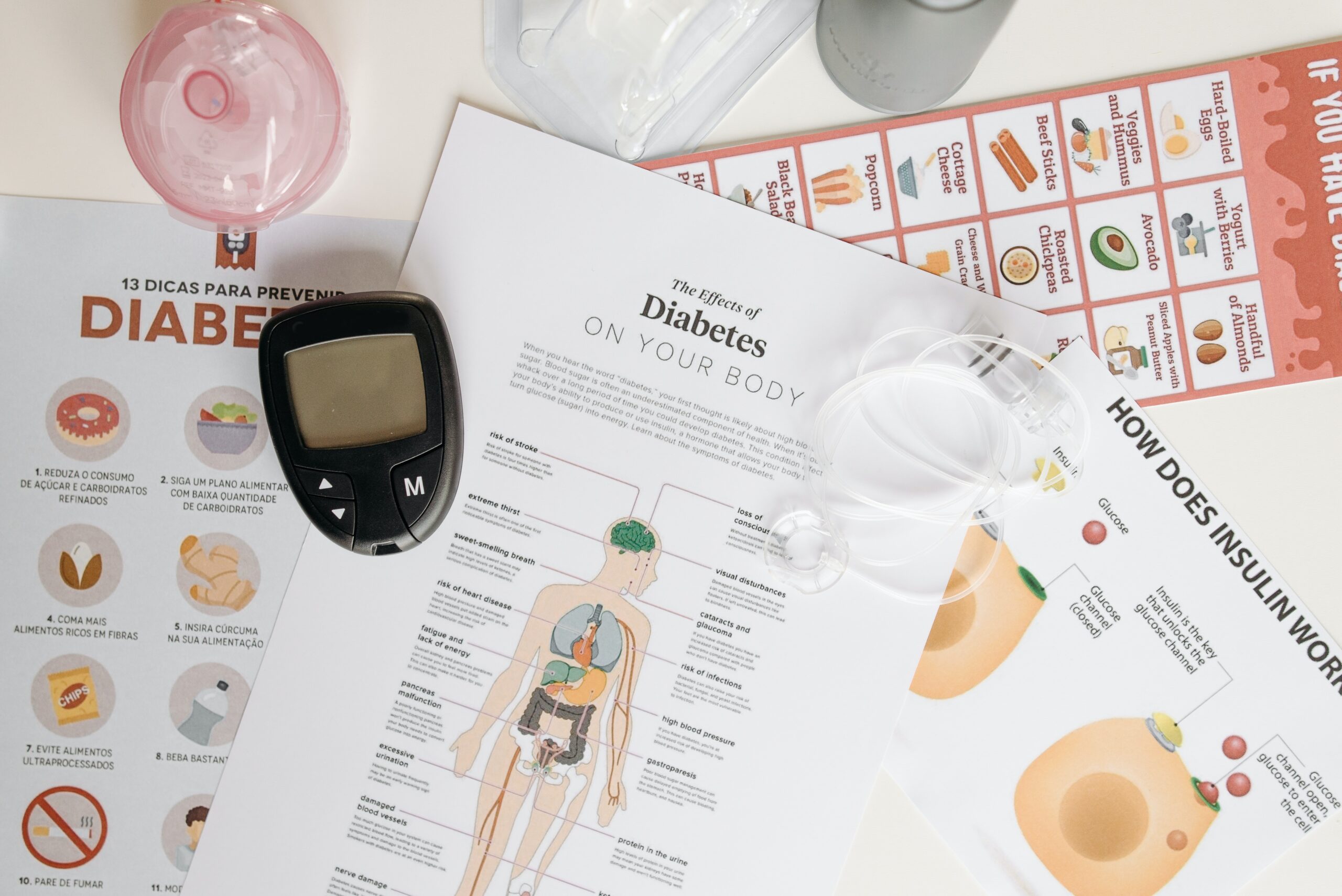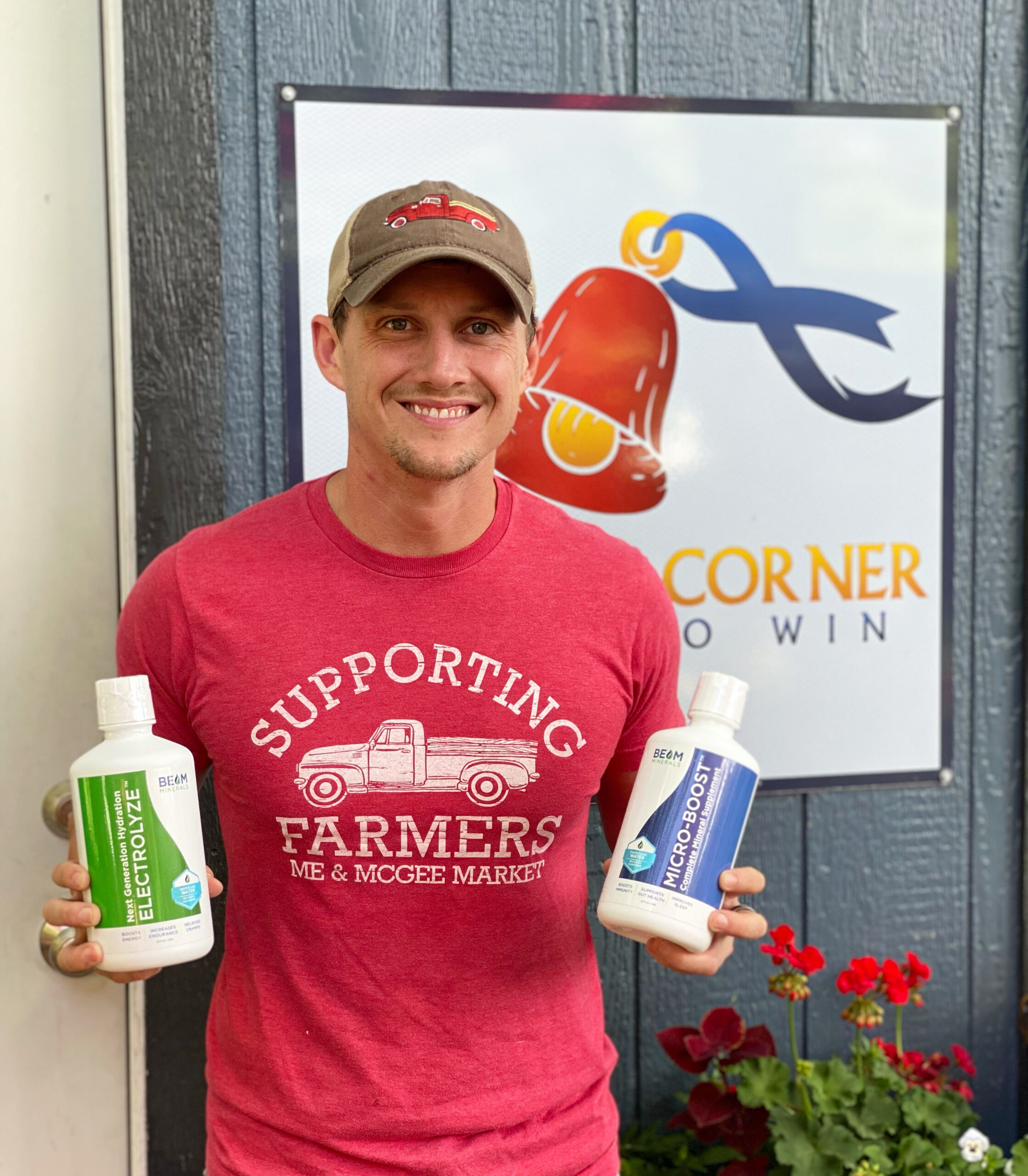
Considerations for Neuropathy
As I focus on cancer, I’ve come across many intertwined health aspects. It’s increasingly clear that while health can be incredibly complex in some ways, it’s surprisingly simple in others. But, unfortunately, we often complicate matters further.
In my writing, I’ve been flooded with advice surrounding diabetes and neuropathy and wanted to address it. ?
From my years of experience working in an ambulance, I’ve seen countless diabetic emergencies, from low blood glucose to diabetic ketoacidosis. Diabetes is a severe disease, and type two diabetes is often linked to lifestyle. However, we now knowit is preventable and curable. I don’t accept that someone must rely on prescribed medications or as your doctor will tell you “it’s a managed disease” for life or that outcomes are entirely determined by luck and genetics.
A fantastic resource for anyone with diabetes is Dr. Jason Fung’s book, The Diabetes Code.
What is Neuropathy?
In this context, we’re discussing diabetic neuropathy. This primarily refers to nerve damage, especially in the feet, causing severe pain and numbness, significantly affecting one’s quality of life.
According to the Mayo Clinic, “Diabetic neuropathy is a type of nerve damage that can occur if you have diabetes. High blood sugar (glucose) can injure nerves throughout your body. Diabetic neuropathy most often damages nerves in your legs and feet. Depending on the affected nerves, symptoms of diabetic neuropathy can range from pain and numbness in your legs, feet, and hands to problems with your digestive system, urinary tract, blood vessels, and heart. Some people have mild symptoms, but for others, diabetic neuropathy can be quite painful and disabling.”
How to Prevent Diabetes
Prevention is the best approach, with diet being a crucial factor. Unfortunately, no supplements can compensate for a poor diet and lifestyle. Our dependence on pharmaceuticals for all ailments is not working, evidenced by our decreasing life expectancy.
So, what diet should we follow? Primarily, we need to eliminate processed junk from our diet. Sugar, processed flours, and vegetable oils, like seed oils, are destructive to our health.
Diets like keto, paleo, and even carnivore have merit. However, much thought should go into choosing a diet that aligns with one’s beliefs and works well with one’s body.
A recent study from Harvard calls for reevaluating our current understanding of nutrition. (https://www.doctorkiltz.com/the-harvard-carnivore-diet-study/)
How to Manage It?
The primary medications often prescribed for nerve pain or neuropathic pain include:
- Amitriptyline: This is also used to treat headaches and depression but can help manage neuropathic pain.
- Duloxetine: In addition to helping with bladder problems and depression, duloxetine can be effective for nerve pain.
- Pregabalin and Gabapentin: Often used to treat epilepsy, headaches, or anxiety, these can also help with neuropathic pain.
It’s crucial to understand the side effects of these medications.
Holistic Considerations
Minerals are fundamental nutrients needed for energy production, including electrolytes and trace minerals.
One study I came across focused on the potential for nerve regeneration, highlighting the importance of magnesium ions. Magnesium ions are vital for cell metabolism, regulating mitochondrial calcium buffering and nerve impulse conduction.
We know that diabetics need more magnesium than non-diabetics [2]. Thus, ensuring adequate magnesium intake could assist with overall diabetes management and neuropathy.
Supplements
Curcumin has been used in Asia for a long time due to its anti-inflammatory, antibacterial, and antioxidant properties. However, curcumin is not easily absorbed by our bodies and is quickly metabolized, which makes it less effective.
Due to the abundance of preclinical data showing curcumin’s antioxidant and anti-inflammatory properties, most clinical studies using curcumin have investigated its therapeutic effects in patients diagnosed with chronic inflammatory joint diseases, such as osteoarthritis and rheumatoid arthritis.
While there’s promise around curcumin and pain, there are not enough studies directly dealing with neuropathy. But, given its wide range of positive effects on the body, it’s an excellent supplement to consider.
Lifestyle Modalities
Whole Body Vibration (WBV) is an innovative treatment that could help reduce long-term pain associated with diabetic peripheral neuropathy (DPN) [3].
I’m a huge fan and personally use the Powerplate brand. They are expensive but I believe well worth it.
This might seem like an unconventional recommendation to consider, but it’s fascinating. Methylene Blue, the first pharmaceutical predating the FDA, helps to produce more efficient energy within the mitochondria in the electron transport chain. Here are a few resources if you’d like to delve deeper:
- “The Ultimate Guide to Methylene Blue” by Mark Sloan: https://www.amazon.com/Ultimate-Guide-Methylene-Blue-Mitochondrial/dp/177723963X
- “Methylene Blue: Another Road To Brain Health?” Dr. Gonzalez-Lima: https://www.youtube.com/watch?v=r66hayPmS6s
- “Why Use Methylene Blue for Cancer?” Dr. Berg: https://www.youtube.com/watch?v=gDgtfW6kjAg&t=223s
Everything is interconnected, and optimal health looks very similar for everyone. We need nutrients, detoxification, and the will to overcome challenges to improve our quality of life. Remember, you are not your diagnosis.
Resources
- https://www.ncbi.nlm.nih.gov/pmc/articles/PMC8385315/
- https://pubmed.ncbi.nlm.nih.gov/8091358/#:~:text=Insulin%20secretion%20requires%20magnesium%3A%20magnesium,deficiency%20is%20common%20in%20diabetes.
- https://pubmed.ncbi.nlm.nih.gov/32507132/#:~:text=Whole%20Body%20Vibration%20(WBV)%20is,significant%20risk%20of%20adverse%20events.

About Author
Logan Duvall, an operator of Me & McGee Market and founder of Sowing Prosperity, is transforming his community through health and sustainability. After his son’s cancer diagnosis, he committed to creating healthier lifestyles, evident in his store, Lander’s Corner, which provides nutritious food options grown sustainably and organically. Through his book, “Father’s Heart,” TV show, and Sowing Prosperity platform, Logan shares holistic health insights and champions regenerative farming. Inspired by Blue Zones, he continues to boost personal wellness and strengthen local economies, proving that healthier communities are within our reach.
Logan and Amber are in the middle of raising four active farm-loving children in the Arkansas river valley.
